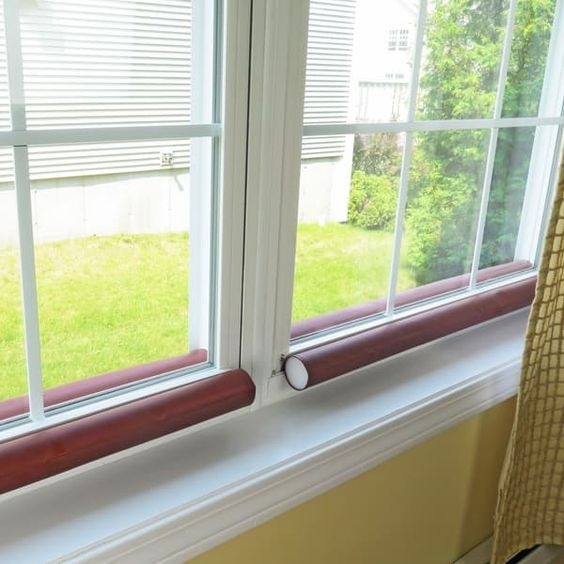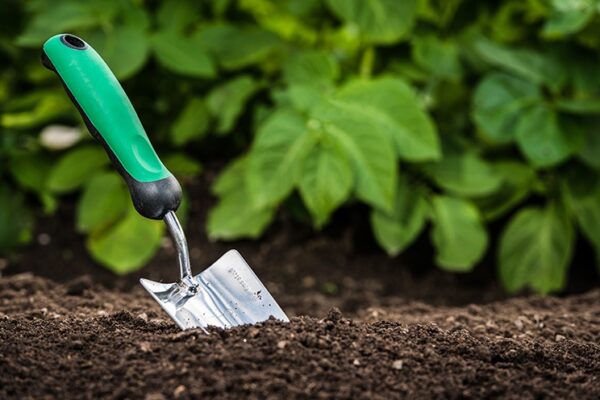Smart Ways to Make Home Energy-efficient
In modern times, individuals are seeking methods to increase their energy efficiency. The fact is, people are eager to employ any means possible to conserve energy since it benefits not only the environment but also helps them save money in the long term.
The positive news is that there are a few profitable ways to transform your residence into an energy-efficient using efficient methods and products. Energy efficiency is not limited to certain individuals, and everyone can participate in it.
Dwellings that are energy-efficient decrease energy consumption, greenhouse gas emissions, and dependence on non-renewable resources while conserving energy. They offer significant savings compared to standard homes.
Strengthen your insulation
The first step is to ensure that you enhance the insulation in your residence. If you lack adequate insulation during the chilly winter months, you may be losing a significant amount of heat. This may result in monetary loss and can also be harmful to the environment.
The solution is to ensure that you have proper insulation, weather stripping, and other insulation techniques throughout your dwelling. Seal air leaks around doors, windows, floors, ceilings, and in your attic, walls, and basement or crawl space using caulk or foam. You can either do it yourself or hire an expert to handle the task for you.
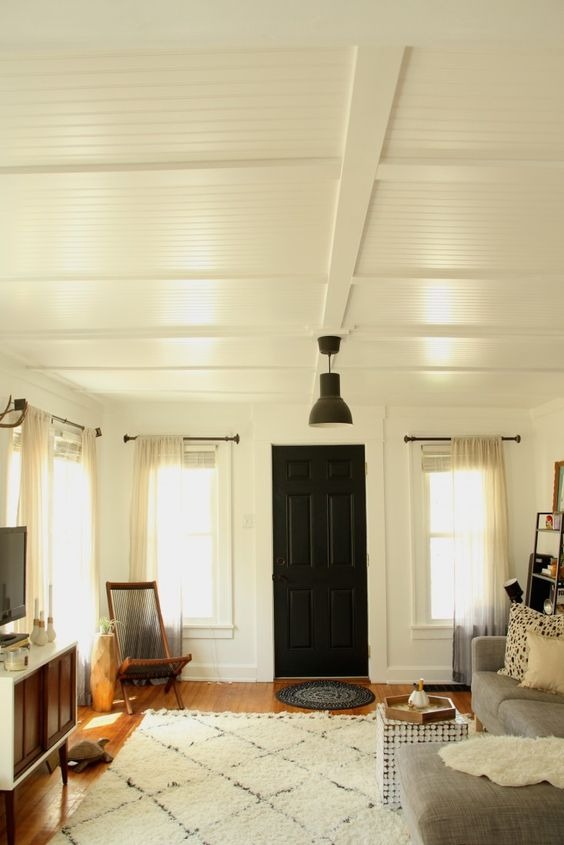
Replace Your Windows
During the winter months, windows can also lead to a significant heat loss, while in the summer months, they can let in warm air, resulting in high energy costs over the year. Some of the older window models are not as Energy-efficient as desired.
Double-panel windows and vinyl frames are more efficient compared to single-pane windows and aluminum frames. Additionally, you may consider tinting your windows and keeping your blinds open to allow natural light without incurring any cost. If you have difficulties, you can engage a window installation expert such as Dallas Window Installation or others.
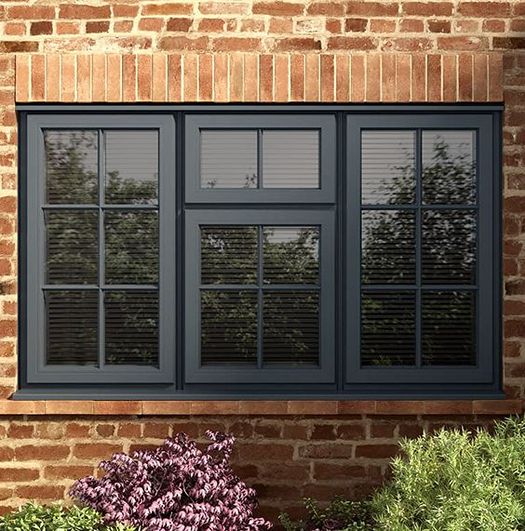
Reconsider Lighting with Compact Fluorescent Bulbs
Using older types of light bulbs in your residence may lead to excessive energy consumption. For this reason, many individuals are transitioning to fluorescent bulbs, which may have a slightly higher upfront cost, but ultimately result in long-term savings. These bulbs can last up to 12 times longer than traditional incandescent bulbs, and you can even blend fluorescent and incandescent bulbs, leading to a significant reduction in energy usage.
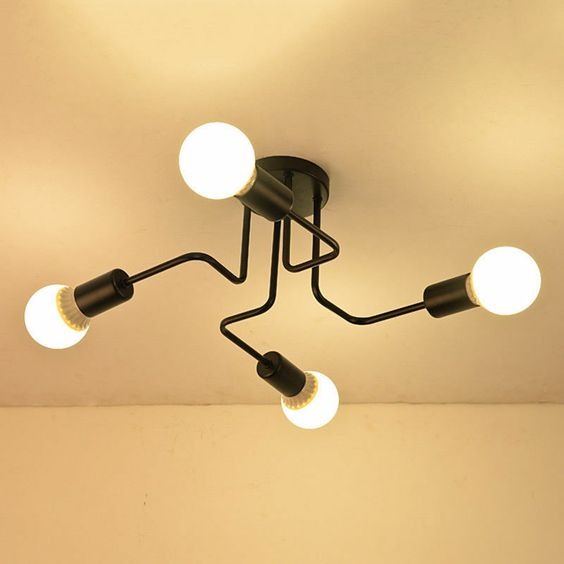
Explore Energy-Saving Appliances
When searching for energy-efficient appliances, consider selecting those bearing the HE logo. Appliances certified by Energy Star consume less energy, and although they may incur a higher upfront cost, they are a sound investment. This is because they will save your money in the long term when operating the appliances.
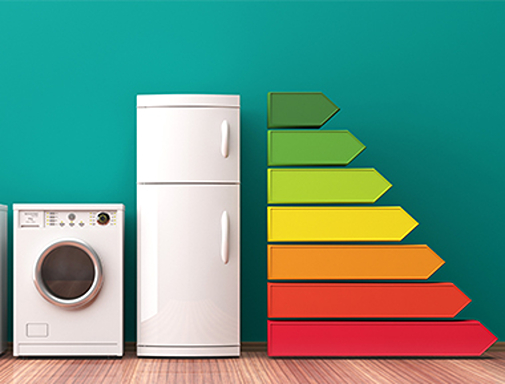
Avoid Excessive Appliance Usage
Although you have energy-efficient appliances, avoid overusing them. During the winter months, don’t overuse your heater unless necessary, and maintain a comfortable temperature on your thermostat, rather than frequently adjusting it.
Constantly changing the settings uses more energy than necessary. You should also contemplate switching off certain devices when not in use because they consume energy, even when switched off, as long as they are plugged into the wall.
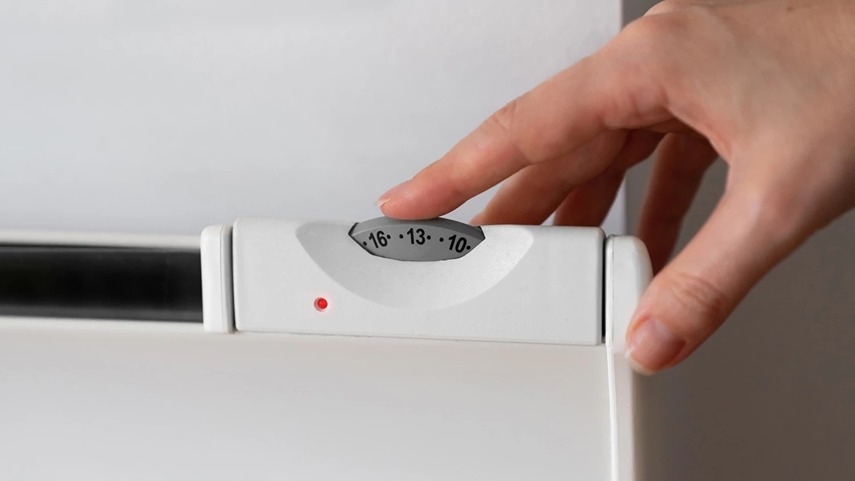
Go Solar: Harnessing the Power of the Sun
Solar panels are a viable investment, particularly if you can afford them. They can be placed on your rooftop and surprisingly reduce your electricity expenses by enabling you to produce your electricity. While solar panels may not be suitable for everyone, they are cost-effective and worth considering, particularly in light of the green movement, where more people are choosing to install solar panels in their homes.
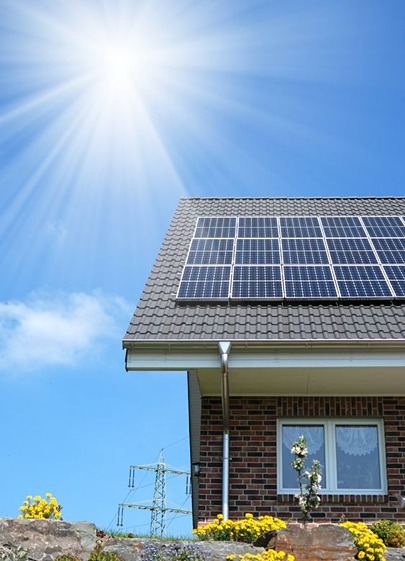
Book a Home Energy Assessment Auditors
Contact energy auditors to assess the current state of your home’s energy efficiency. These professionals have specialized tools and skills to evaluate your home’s energy efficiency and identify areas for improvement by proposing low-cost measures. This will allow you to determine which areas of your home require immediate attention.
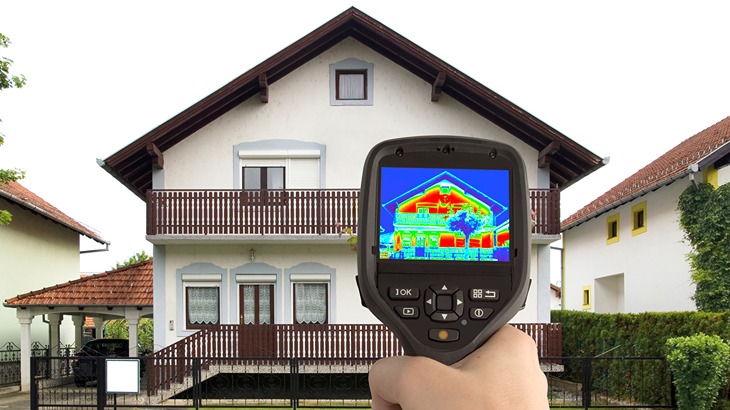
Revamp your Roof for Energy Efficiency
To make your mobile home more energy-efficient, consider redesigning your roof. Installing a cool or white roof coating is a highly effective way to achieve this. This coating reflects around 85% of sunlight and reduces smog, resulting in less heat entering your home and decreased demand for air conditioning. This, in turn, can help to reduce your cooling costs during hot summer months.
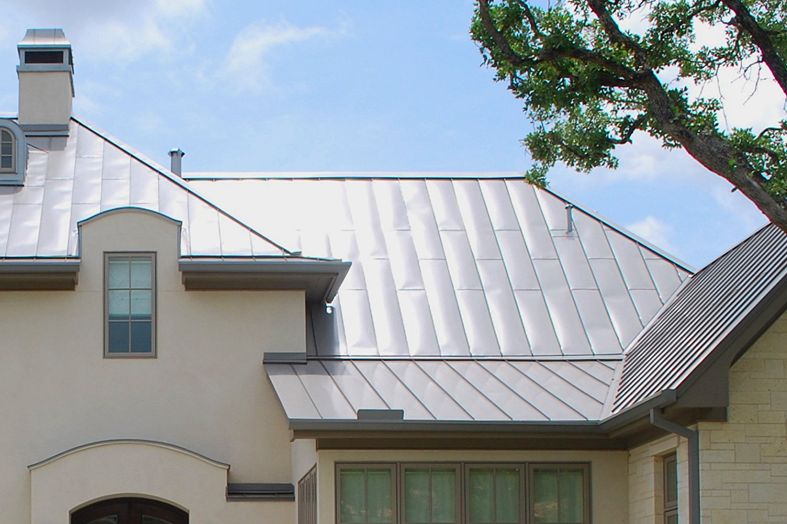
Plant Shady Landscaping to Reduce Heat Gain
Having great landscaping around your home can offer protection from intense sunlight during summer days and chilly winds during the winter season. Trees and their leaves can shield your house from the sun’s rays during hotter days and keep it comfortably cool inside. If you already have high-Energy-efficient appliances and good insulation in your home, the impact will be even smaller since your home is already blocking most of the heat.

Power down unused electronic devices
When not in use, idle electronics such as printers, desktop computers, microwaves, and coffee makers with LED clocks continue to consume power, which can add up to your energy bill. To prevent this, switch them off when they are not needed immediately. Moreover, when planning to be away from home for an extended period, turn off your refrigerator to conserve energy.
These small steps can make a big difference in energy savings by the end of the year. Additionally, unplug battery chargers when not in use, as they continue to use energy even when not charging their devices. This is particularly true for chargers of cell phones, laptops, and other wireless devices.
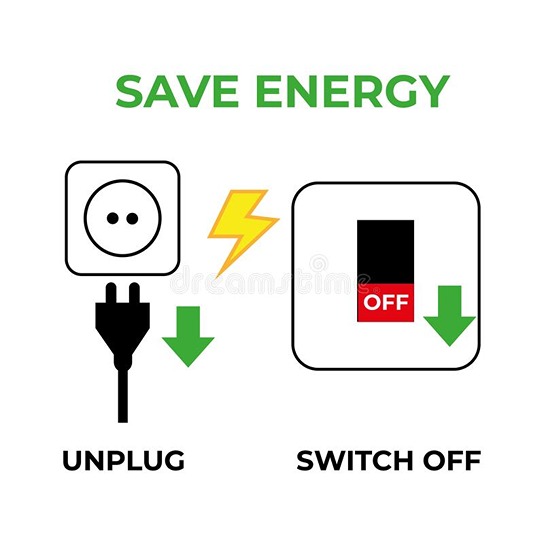
Alter your laundry habits
To save water and energy while doing laundry, wait until you have a full load of clothes instead of using the medium setting on your washer, which saves less than half the water and energy used for a full load. Also, avoid using high-temperature settings when clothes are not very soiled.
Remember to clean the lint trap every time before using the dryer, as excess lint can be a fire hazard and prolong the drying time. Additionally, you can spin-dry or wring clothes out before putting them into the dryer, and if possible, air-dry your clothes on lines and racks.
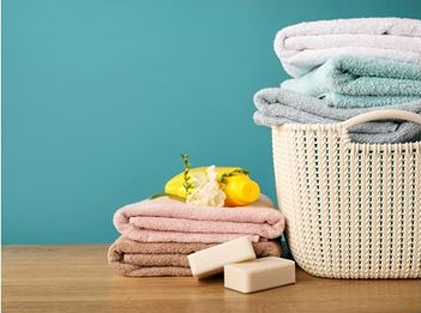
Minimize Hot Water Consumption
A significant portion of your energy consumption and cost is due to water heating. You can conserve energy by taking shorter showers instead of baths, using water-saving showerheads or timers, and lowering the thermostat on your water heater.
Insulating your water heater and pipes with a water heater blanket will keep the water hot longer and save you money. Additionally, washing your clothes in cold water can increase their lifespan while saving energy.
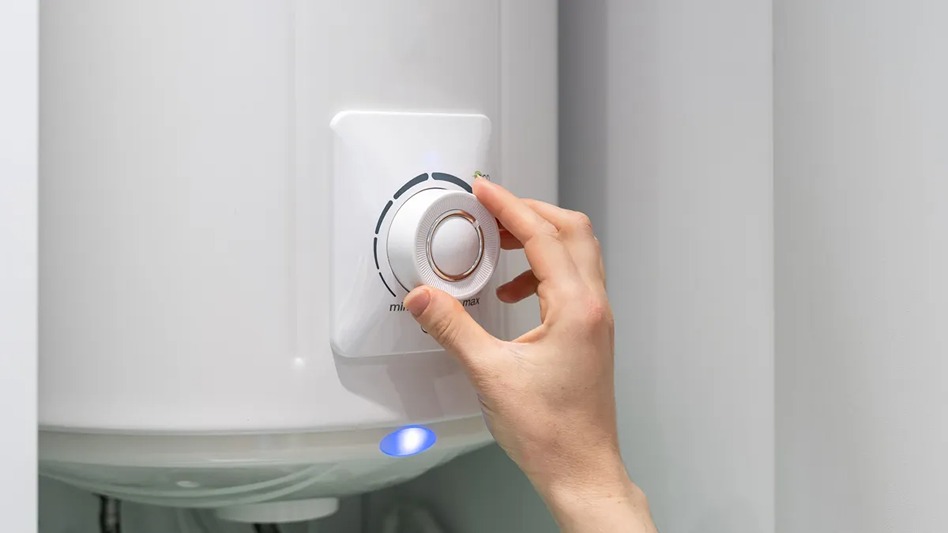
Improve your home's heating and cooling systems
You can make some adjustments to your heating and cooling systems to lower your energy bills. Consider installing a ceiling fan as an alternative to using air conditioners, which consume a lot of energy. Don’t forget to replace the air filters in your air conditioners and heaters regularly. Also, adjust the thermostat to a suitable temperature. These steps can help you save on energy costs.
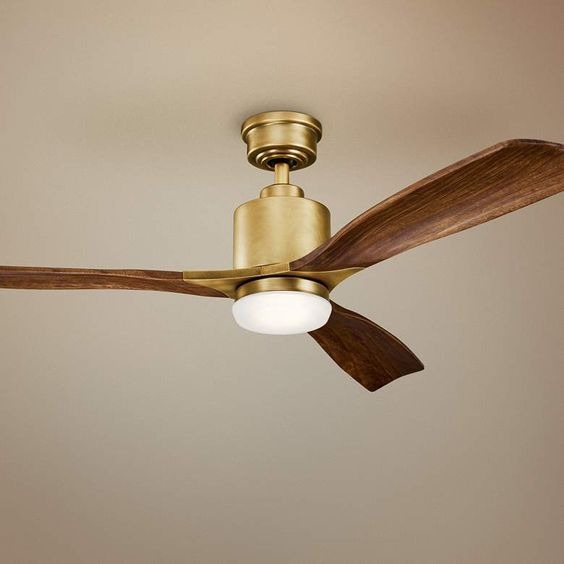
Wrap your water heater
Consider using on-demand water heaters, as they only heat water when it is being used and are generally more efficient. In the case of electric hot water tanks, you may also consider wrapping them in an insulating blanket to minimize heat loss.
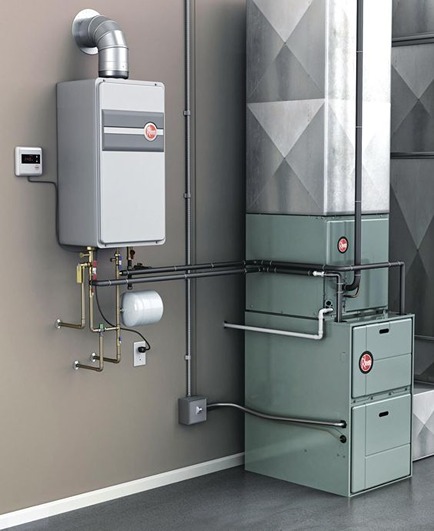
Examine windows and doors
To prevent energy waste during heating and cooling, it’s important to ensure that your home has an airtight seal. You can check for drafts by holding a lit candle or incense stick around windows and doors, and if you notice flickering, that indicates a draft. To address this issue, you can use caulking around frames, install or replace weatherstripping, and add a door sweep. In the colder months, you can further improve efficiency by applying exterior window film.
